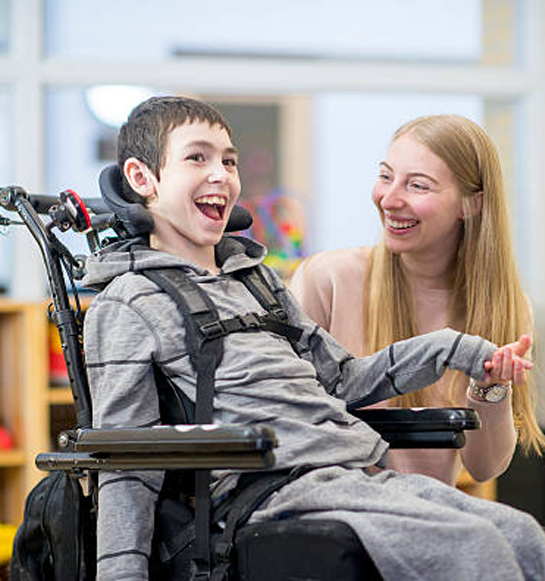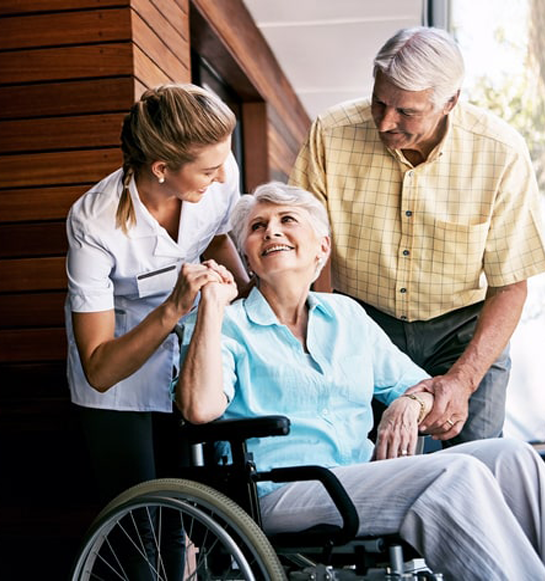
Support | Physical Disabilities
Angelique Care LTD has the necessary experience, education, and understanding to assist our clients with who has physical disability needs. Physical disabilities come in a wide variety of forms. This may be brought on by advanced age, an accident, sensory impairment, learning difficulties, or a side effect of other medical illnesses including arthritis, a stroke, or dementia. Nearly all of these impairments will have a negative impact on a person’s mobility. They can end up needing professional care and support services at home rather than relocating to a residential care facility as a result. Help is available from Angelique Care LTD. For the treatment you desire, our knowledgeable team will be by your side at every step. Being limited in your mobility can be unpleasant, intimidating, and worrisome. Because we are aware that everyone is affected by arthritis differently, we customise our services to match your specific needs and enable you to live comfortably at home. Angelique Care LTD Professionals are here to assist you with any particular healthcare needs you may have. We can offer a variety of services to help you be content at home, including assistance with laundry, meal preparation, accompanying you to doctor’s visits, and personal care like assistance with washing or getting dressed.
More to know about our support for physical disabilities
Our goal at Angelique Care is to improve the quality of life and independence of our clients who have physical disabilities by providing a comprehensive range of support services. Depending on the needs of the customer, the precise services offered may vary, however the following are some typical forms of support we can provide:
- Personal care is the provision of assistance with daily living activities (ADLs), such as washing, clothing, grooming, using the restroom, and mobility support, in order to maintain the client’s personal hygiene and wellbeing.
- Assistance with movement includes helping the client get from bed to wheelchair, assist with walking, use of mobility devices (such as canes or walkers), and positioning to avoid pressure sores.
- Medication management involves making sure the patient takes their prescribed drugs in the right amounts and at the right times.
- Meal Preparation: Making wholesome meals that satisfy the client’s dietary requirements and preferences and, if necessary, providing feeding assistance.
- Household chores: Simple housekeeping duties like cleaning, laundry, and keeping a tidy and safe living space.
- Reduces emotions of loneliness and isolation by offering emotional support and company.
- Exercises for physical therapy: Helping the client perform the exercises for physical therapy that are recommended to increase strength and mobility.
- Fall prevention involves spotting possible risks around the house and putting preventative measures in place.
- Helping client use assistive devices, such as communication aids, glasses, hearing aids, etc.


